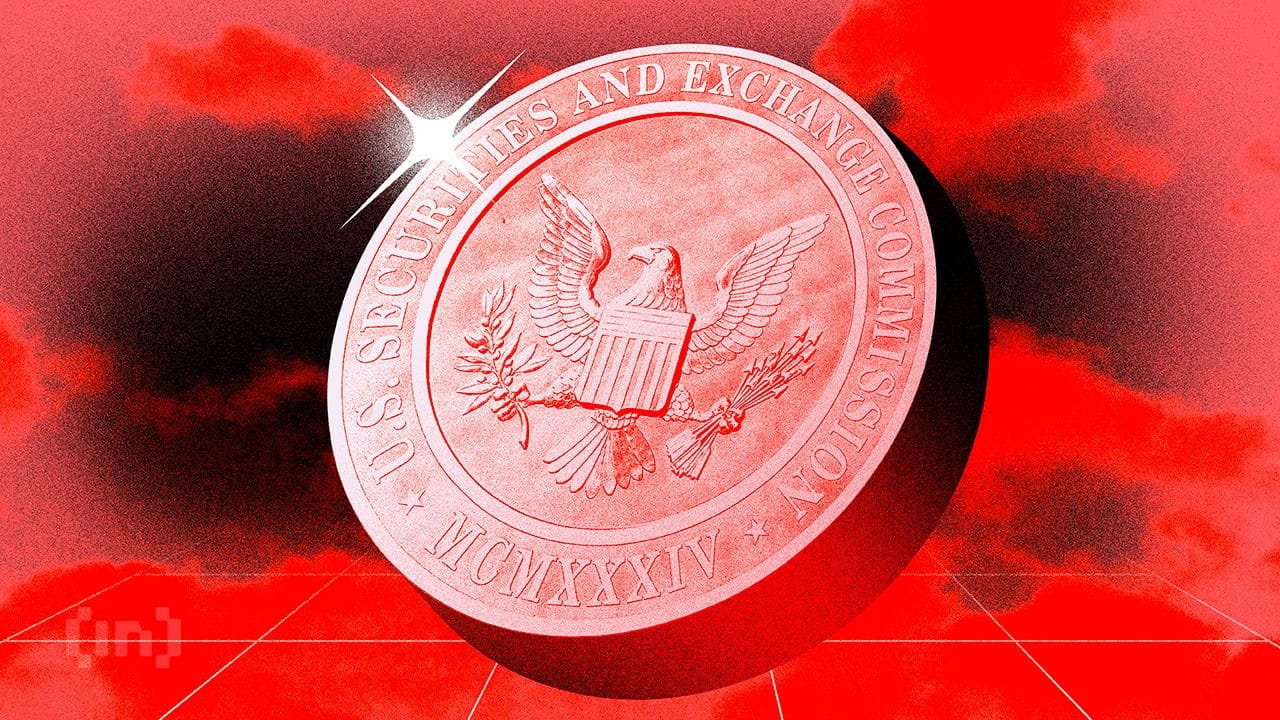
In a rather surprising development, the SEC issued an exemption allowing Ripple to sell securities to private investors. This directly contradicts the decisions of Judge Torres in the long cross-appeal process of the XRP case.
Legal experts appeared perplexed by the measure but acknowledged that there is no clear way to prevent it. Ripple is likely to have a new source of revenue, but this could undermine the legal system as a whole.
Did the SEC meet Ripple's wishes?
In recent months, Ripple and the SEC have been involved in the appeal process of their historic legal battle. Although both parties dropped the case in March, they worked together to try to remove a Gensler-era restriction.
This restriction prohibited Ripple from selling securities to retail investors.
The effort objectively failed through the traditional route, but the Commission is trying to meet Ripple's request in any way through an exemption that was issued last Friday:
“In light of the facts and circumstances… the Commission determined… that there is good reason not to deny the exemption contained in the document. Thus, IT IS ORDERED… that an exemption from the application of the disqualification provision… is granted to Ripple,” read the exemption.
What does all this mean? Essentially, the SEC's exemption theoretically meets Ripple's biggest request in the cross-appeal. Ripple wanted its fines reimbursed and the violations erased from its legal record, which is not happening.
However, lifting the ban on sales of securities was its most important goal.
An unprecedented measure
Marc Fagel, former SEC officer and litigator who closely examined the Ripple case, seemed completely surprised. In a thread on X (formerly Twitter), he called the measure “unprecedented and possibly questionable,” “possibly illegal,” among other terms.
He noted that the judge responsible for the cross-appeal explicitly rejected Ripple's request on several occasions. Therefore, Fagel referred to this exemption as “a clear disrespect to the court.”
However, he emphasized that there is no clear path to block or revoke this exemption:
“Even if it's illegal, who will complain? At least unless XRP investors lose their money and ask why the SEC didn't stop this,” he said.
When asked about a possible lawsuit, Fagel replied:
“Who will open the case? If Ripple starts selling XRP according to the exemption, the SEC obviously won't care, and the court cannot act on its own, even if it believes that the injunction is being improperly violated.”
In other words, this exemption represents new territory in crypto regulation. As long as the company has this exemption, it can argue that any sale of securities is completely legal.
In the short term, the SEC has given Ripple a new and valuable source of revenue. These sales of securities could fund a series of ambitious growth plans. XRP enthusiasts have many reasons to be excited, unless someone blocks the exemption in some way.
Looking to the future, however, this represents an intense legal escalation. The SEC is already facing criticism for unfairly favoring the crypto industry, and now it is going even further.
In the long run, this could undermine all federal safeguards to control the crypto sector.
The article 'SEC issues exemption meeting key demands of the XRP case' was first seen on BeInCrypto Brazil.


